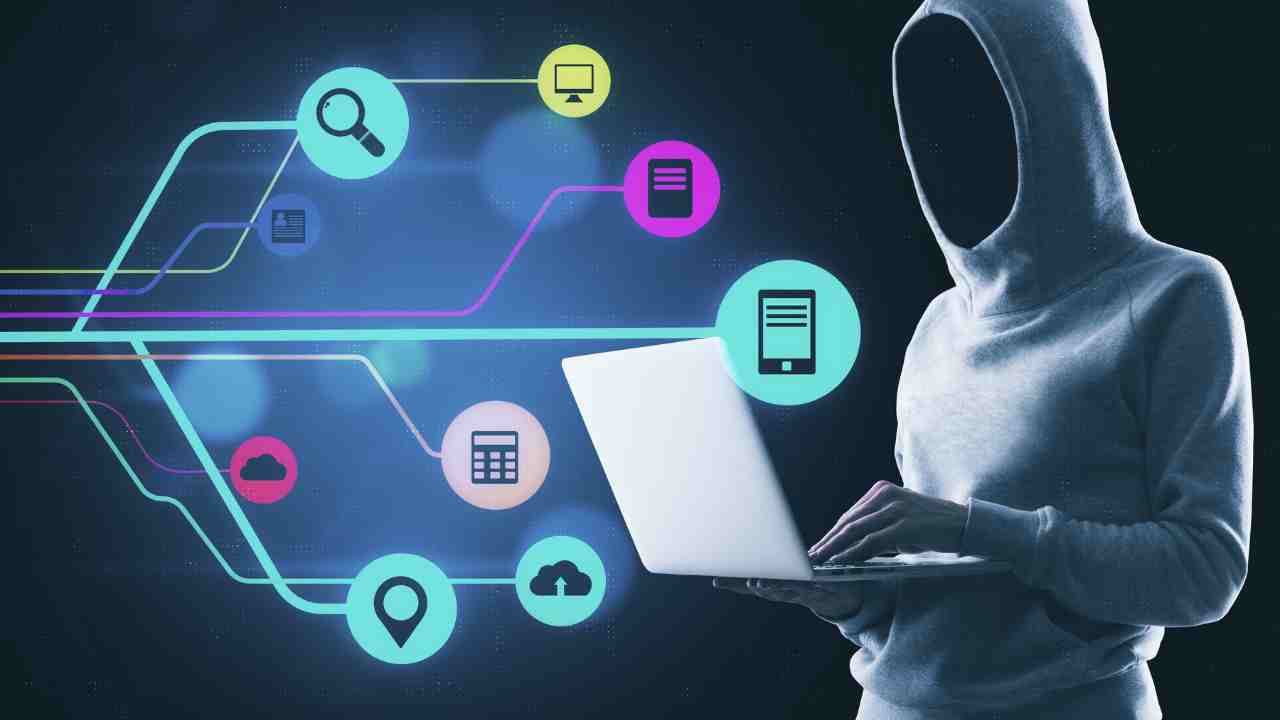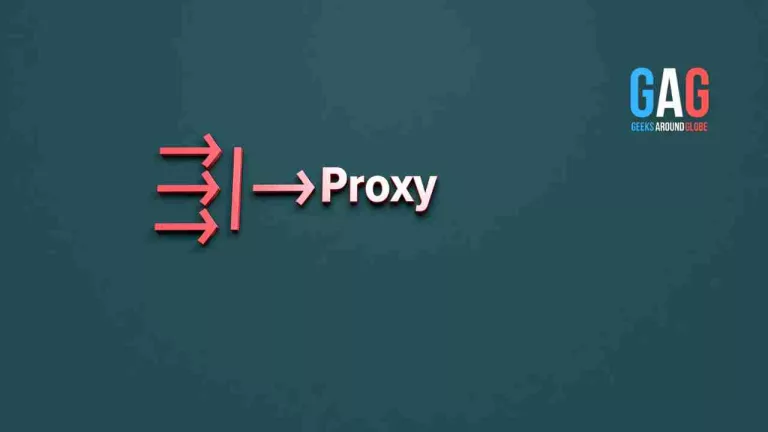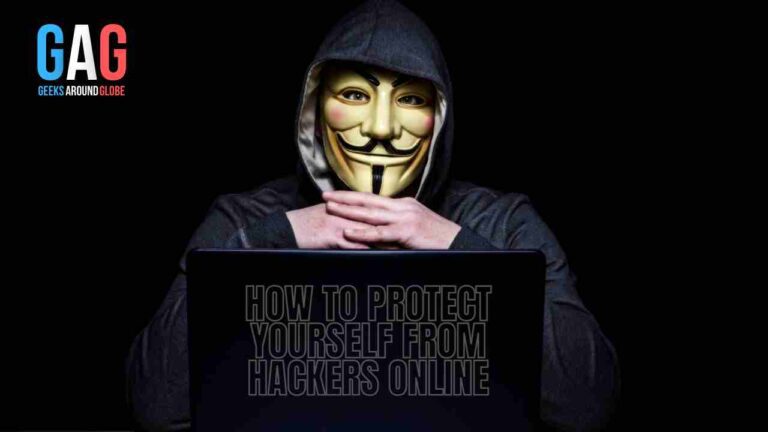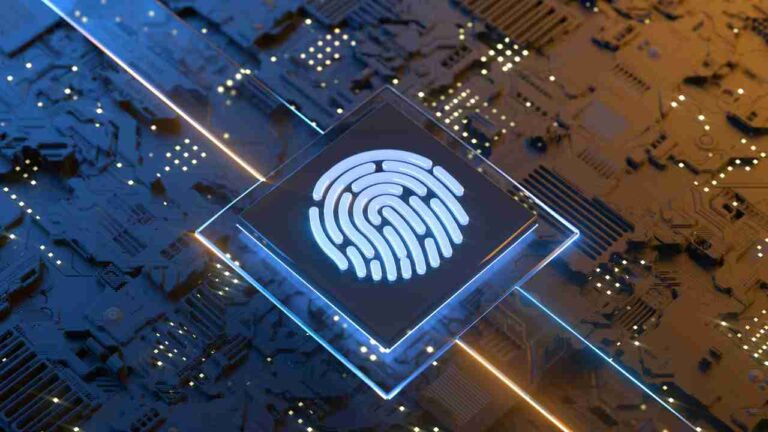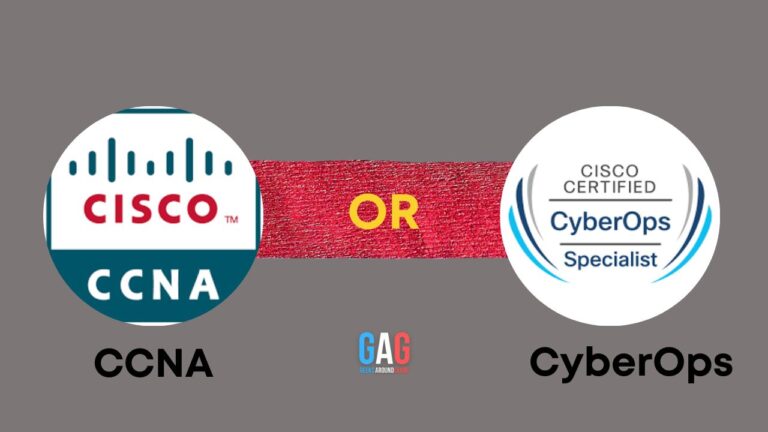Meta description: Learn how to protect your social media account from hacks and how to recover it if you lose access. React quickly by changing passwords and contacting support.
Social media is an indispensable part of our lives. Whether you use Facebook, Twitter, LinkedIn, or Instagram, having an active social media account is vital for keeping in touch with friends and family. However, even the most secure accounts can be hacked if not carefully guarded.
Hackers can gain access to your personal information (like contacts, posts, and photos) and may also spread malicious content or scams across your platforms. Luckily, there are steps that you can take to protect yourself from such attacks. This guide will teach you everything you need to know about what to do if your social media account gets hacked.
Signs That Your Social Media Account Has Been Hacked
If you notice the following signs on your email or social media account, there’s a good chance that it has been hacked:
- You are unable to log into the account.
- You see messages in your Sent folder that you didn’t send.
- There are new posts on your wall that you didn’t make.
- You or your friends are getting strange emails asking for money or assistance.
It is also helpful that social media accounts can send notifications about unknown logins. For instance, if a new device signs into your account, you should receive an alert.
A unique threat has also been detected, and it does not involve someone hacking into your account. Instead, the attackers clone social accounts. Thus, the people you know might receive messages from profiles that resemble authentic ones.
How To Get Back into Your Hacked Social Media Account
Social media accounts are filled with personal information. However, the most worrying aspect is that hackers get access to your private chats. Thus, they can steal all data you exchanged between friends or family. It is best to avoid sharing highly sensitive details through social media. For instance, passwords should never be given via such chats.
Try to Sign in Again
The first thing you need to do is try to sign in again to your account to make sure that everything is still in order. The hacker may have logged in without changing your password, so it’s essential to take appropriate action immediately. If you can log in and see that your account is intact, change your password to protect yourself from further damage.
Change Your Old Password
If you’ve ever been hacked on social media, you know it can be a real pain to get back in. Even if you can sign in, your account is vulnerable to attackers. Change your password as soon as possible, especially if it’s the same as your login for other sites.
A hacker can easily try all your passwords and email addresses on a string of other websites to see if they can find anything else personal. Once you’ve got new credentials, keep them safe and always remember them. Also, if you have used the same password for other platforms, quickly change credentials for those accounts as well.
Track Unusual Activities
Look for unusual activity or tracks in your email account. Review all folders, and search for emails the hacker may have sent from your account. In addition, check your social media account for messages the hacker might have sent from your account. This information will help you figure out what information was exposed.
Change Your Account Settings
After you’ve been hacked, there are a few things you should do to protect yourself. First, check if there are any unfamiliar links in your signature block. If there are, be sure to remove them. Next, look for changes on your social media account since you last logged in.
The best change you can make is adding 2FA to your social media accounts. It means hackers cannot hack into your account even if they have the correct credentials.
Check Your Inbox
Always be sure to check the messages in your inbox. Hackers often target online accounts that they think could be used to steal money or other valuable information. They may also try to find usernames and passwords for important sites, like online banking or retirement accounts. Thus, they will use various phishing strategies to trick users.
Let Your Friends Know
Be sure to warn all your friends about the situation. Let them know not to click on any links or messages in emails from you that may seem strange or out of the ordinary. A chain reaction might send the same message to all their contacts if they open links.
Also, suggest they secure their own accounts just in case anything was stolen from yours. As with anything online, being proactive about protecting your information will go a long way to avoiding any potential issues down the road.
Contact Social Media Support Teams
Write emails to social media support teams if you cannot access your account. They might require evidence that the account belongs to you. If you have it, you might be able to get it back.
Top Tips to Secure Your Social Media Accounts
Keeping your social media accounts secure can be challenging, but there are a few simple steps you can take to help protect yourself.
To protect your online presence and keep your personal information safe, follow these top tips:
- Use Strong and Unique Passwords: One way to protect yourself is by using unique passwords for all your social media accounts like Twitter, Facebook, and Instagram. Using a password manager is an excellent idea, so you don’t have to remember all these different combinations.
- Two-Factor Authentication: Enable two-factor authentication in account settings so that if someone does gain access to your account, they won’t be able to do too much damage.
- Use VPNs: Always use a Virtual Private Network (VPN) service to encrypt your data to become more immune to online snooping. For instance, a VPN for PC will defend against unsafe websites or redirects to phishing sites.
Conclusion
It’s important to remember that even if your social media account can be hacked. But the steps to take after your social media account gets hacked can prevent you from further damage. Make intelligent decisions like using a strong password and VPNs to protect your personal information from hackers.
Additionally, sign up for the latest security updates for your social media platform (often available through the companies’ own platforms or third-party tools). Also, keep your passwords safe by not sharing them with anyone.

